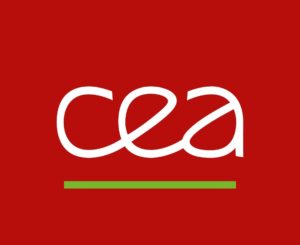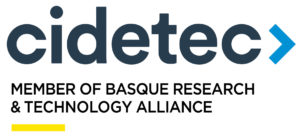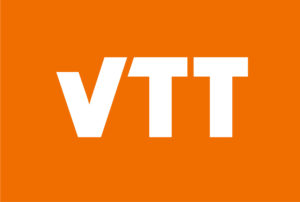The Italian partner FEDRIGONI is a private company producing fine and technical papers, including high-performance products for printed electronics and connected papers. In the INN-PRESSME project, the main objective is to use the different pilot-lines within the consortium to develop a smart-label on paper for the packaging industry, using cellulose as the main reneweable and low environmental impact material. FEDRIGONI is in charge of the fabrication and scaling-up of the smart label (including a NFC communication system, a humidity sensor, an electrochromic display and a battery), using Roll-to-Roll printing technics and developments made in the different pilot-lines of the consortium :
- Development of Cellulose NanoFibrils at VTT’s pilot-line and Cellulose NanoCrystals at RISE’s pilot-line.
- Development of nanocellulose based electrolytes for the battery and the electrochromic display at CIDETEC’s pilot-line.
- Development of a printed cellulose-based humidity sensor at CEA’s pilot-line.
A mobile application to test the functionalities of the smart-label (recording of the humidity and temperature, and feedback to the user through the electrochromic display) has been developed and validated. The current results of the research show that up-scaling to the required quantities is possible.








